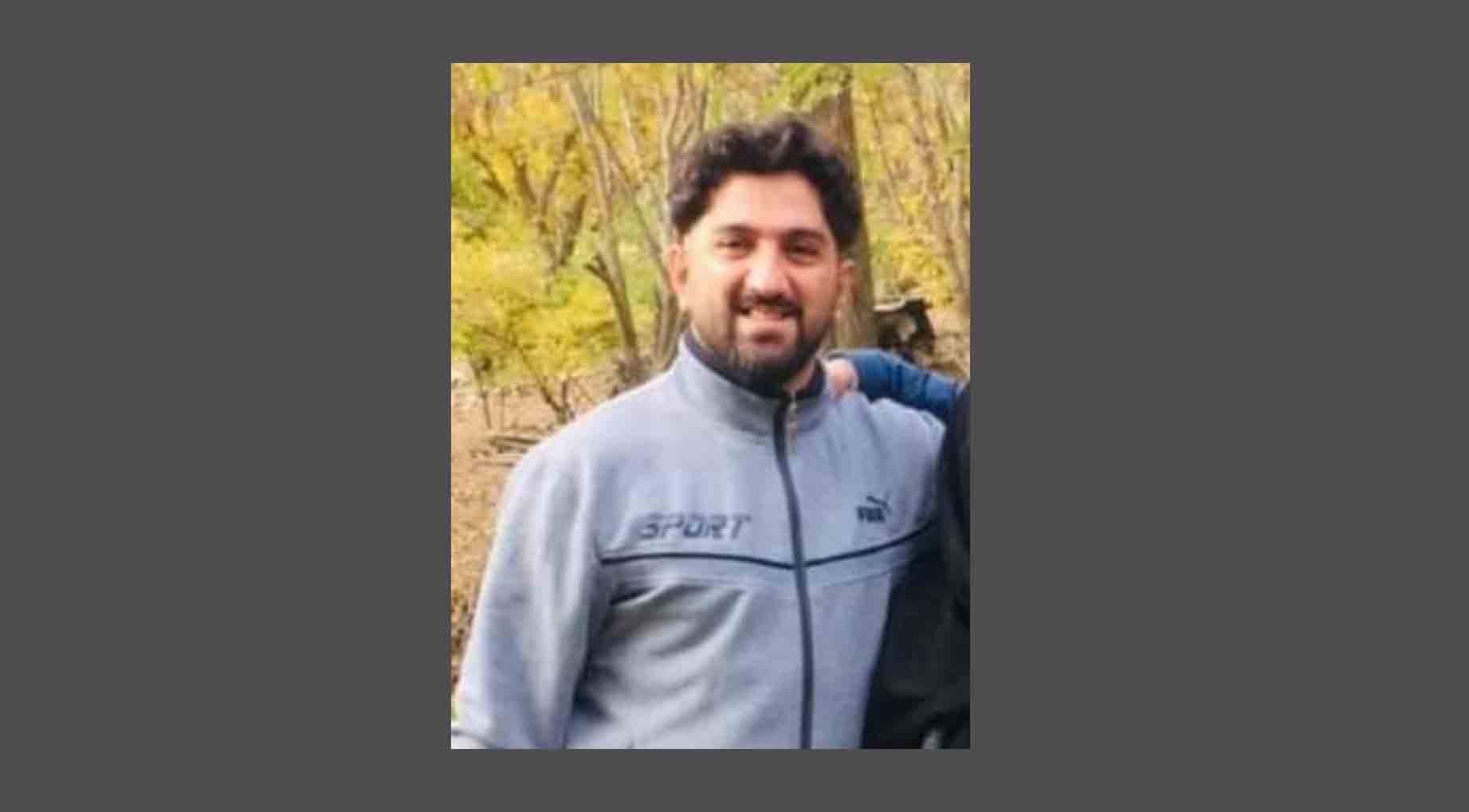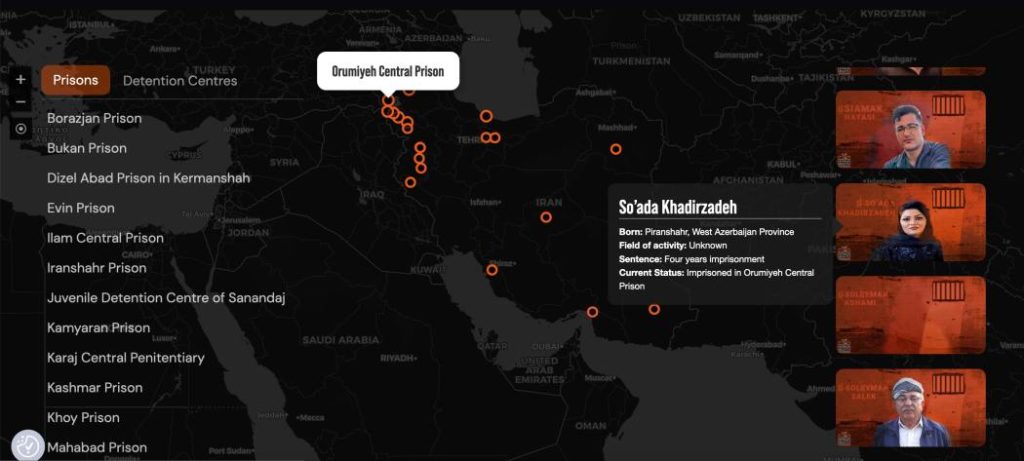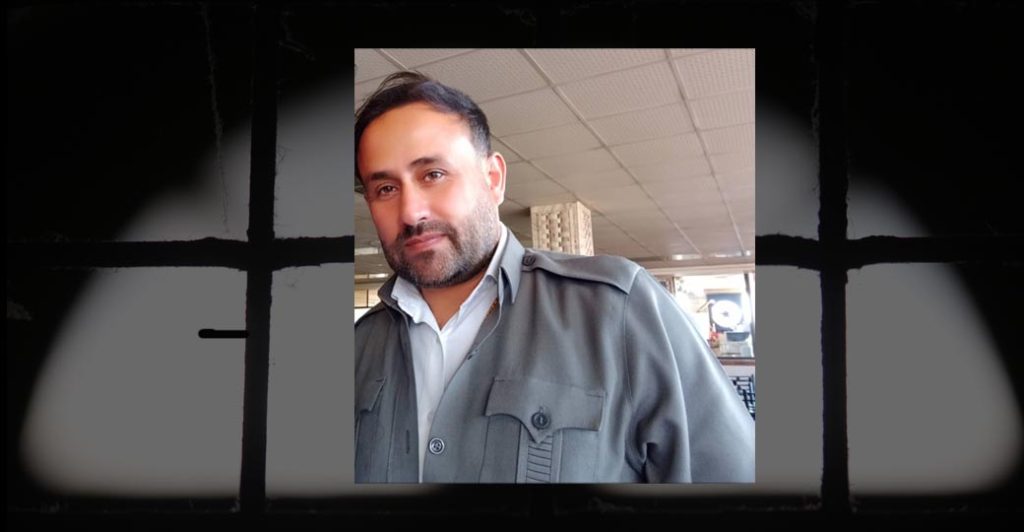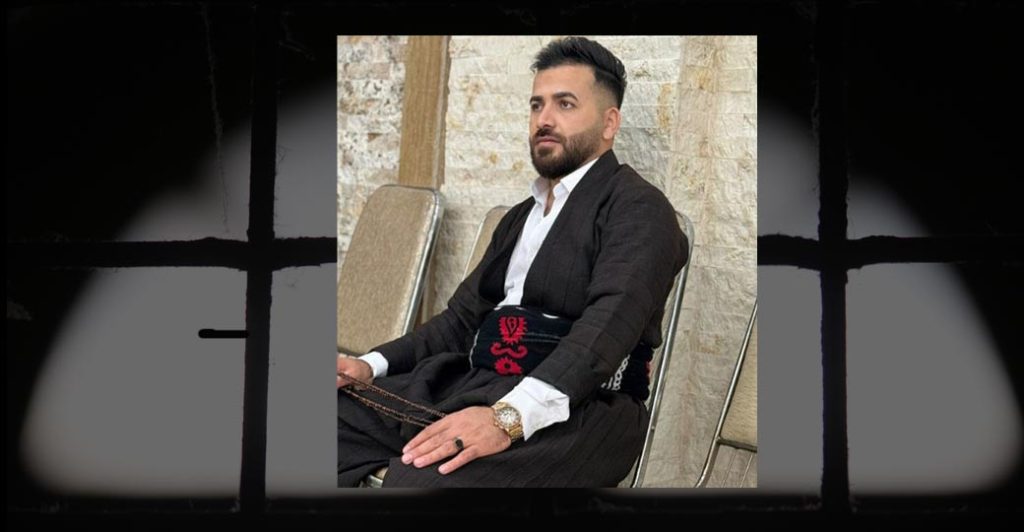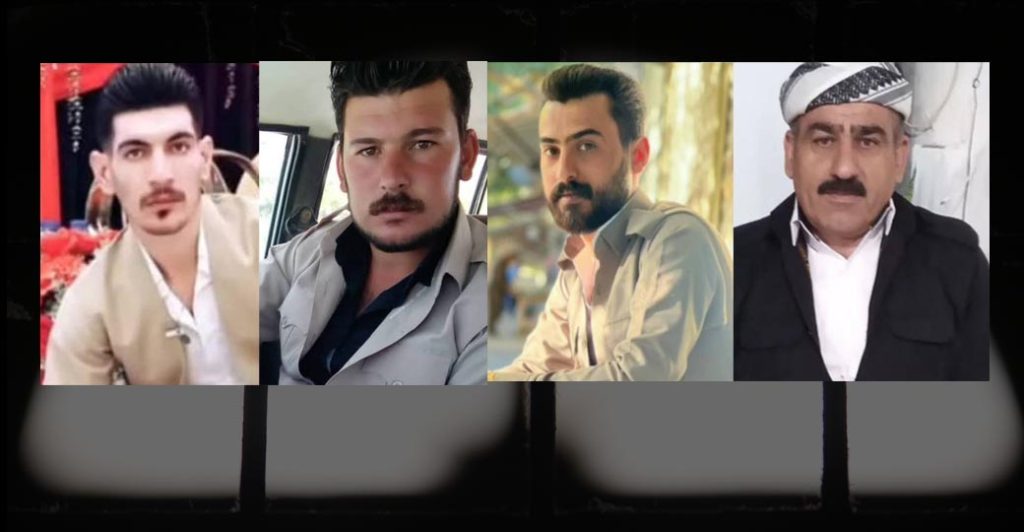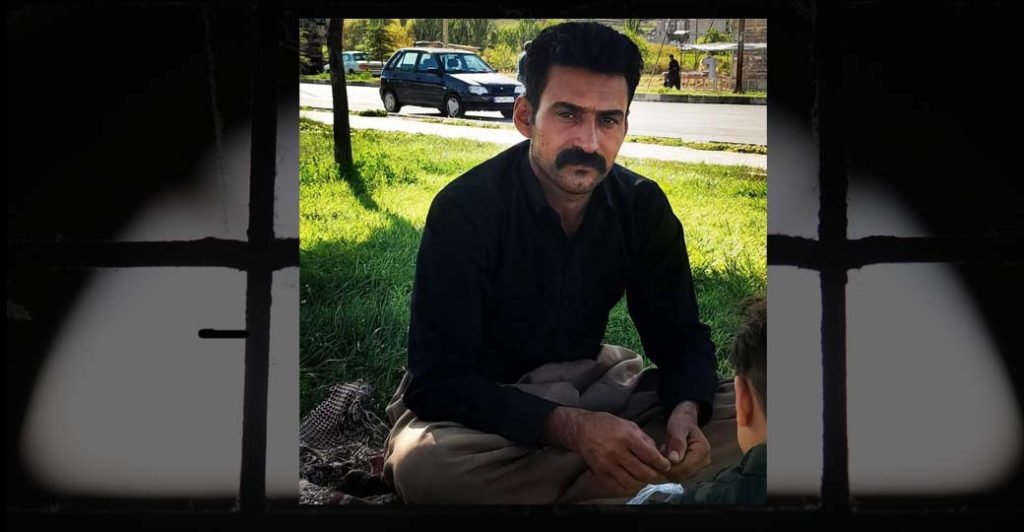Lawyers representing Reza Rasaei, a political prisoner sentenced to death, have successfully raised objections leading to the referral of his case to the Supreme Court, the Kurdistan Human Rights Network (KHRN) has learned.
Rasaei, a Yarsani Kurdish civilian, was sentenced to death for “complicity in the murder” of Nader Beyrami, the head of the Intelligence Organisation of the Islamic Revolutionary Guard Corps (IRGC) in Sahneh, Kermanshah Province.
A source familiar with the case spoke to the KHRN and said: “After Reza Rasaei was sentenced to death by Branch Two of the Kermanshah Criminal Court, the lawyers appealed the verdict, which led to the case being referred to the Supreme Court”.
According to this source, after the lawyers followed up on the case in recent weeks, they were informed that the case had not yet been assigned to a specific branch within the Supreme Court.
Prominent Yarsani activist and former political prisoner Kheyrollah Haghjouyan, who is a relative of Rasaei who has closely followed his legal ordeal, released a video on 3 November, strongly criticising the fabrication of false charges and the imposition of a death sentence on the civilian, describing the judicial process as unjust.
In a portion of his video message, Haghjouyan said: “I see the tragic events of 18 November as a scripted and unjustly organised scenario aimed at controlling society, for purposes of oppression, hostage-taking, arbitrary arrests, and personal or sometimes organisational settling of scores. This is because, instead of dealing with the root of the problem, they extend the branches and leaves of the case as they see fit.”
On 7 October, Branch Two of the Criminal Court in Kermanshah, Kermanshah Province, presided over by Judge Mohammad Rasoul Haghnejati and consultant Amin Mohammadi, sentenced Rasaei to death, payment of blood money, one year in prison, and 74 lashes.
He was sentenced to death under the Islamic law of qisas, or retribution-in-kind, which gives the victim’s family the right to retaliate.
The court charged Rasaei with “involvement in intentional murder” of Nader Beyrami, the head of the IRGC intelligence service in Sahneh, “involvement in the intentional infliction of non-fatal injuries”, “demonstrating strength with a knife” and “disrupting public order by creating chaos and commotion”.
These developments originated on 18 November 2022, during the 21st-anniversary remembrance of the late Seyed Khalil Alinezhad, a distinguished artist and Yarsani community leader, which evolved into an anti-government protest, influenced by the nationwide demonstrations triggered by the government’s killing of Jina Mahsa Amini.
The military and security forces responded to the people’s slogans with tear gas and gunfire, leading to the arrest of many participants.
Sahneh remained under heightened security for days after the event.
A day later, state news agencies reported that Nader Beyrami, a senior security official in Sahneh, had been killed during the unrest.
On 24 November 2022, the Criminal Investigation Department arrested Rasaei, who had attended the anniversary event for Seyed Khalil Ali-Nezhad, in Shahriar, Tehran Province, and subsequently transferred him to Sahneh.
He was subjected to severe torture while in custody of the Criminal Investigation Department to accept the accusation of “complicity in the murder” of Nader Beyrami.
According to an informed source, Rasaei was subjected to various forms of torture in the detention centres of the Ministry of Intelligence in Sanandaj and Kermanshah.
These tortures include beatings, electric shock torture, inducing a suffocation sensation by placing a bag over the head, and a torture in which the hands and feet are tied together from behind, and the person is hung from the ceiling by chains. As a result of these tortures, Rasaei has suffered fractures in his toes, fingers, hands, and shoulders.
At the end of his interrogation, Rasaei was transferred to Dizel Abad Prison in Kermanshah. Kermanshah Province.
After a few weeks, he and several other civilians arrested during the anniversary ceremony for Seyyed Khalil Alinezhad were transferred to the Criminal Investigation Department detention centre in Sahneh, where they were held for 21 days.
Rasaei’s court hearings took place over several months in Branch Two of the Criminal Court in Kermanshah.
After the last session on 21 September, his lawyers were informed in writing of the death sentence on 7 October.
It’s important to note that during the trial, Rasaei repeatedly stated that he had been forced to confess through “torture and threats of rape” while in the custody of the Criminal Investigation Department, and denied all the charges against him.
According to a copy of the court document obtained by the Kurdistan Human Rights Network (KHRN), the court imposed the death penalty without considering his defence.
In the same case, six other Kurdish civilians, Farhad Beyg Garousi, Seyyed Rasoul Razavi, Seyyed Masoum Razavi, Armin Haqqi Manjegh, Porya Minati Manjegh Tappeh, and Shoja Minati Manjegh Tappeh, were also sentenced to one year of imprisonment and 74 lashes each on charges of “disrupting public order by creating chaos and commotion”.

